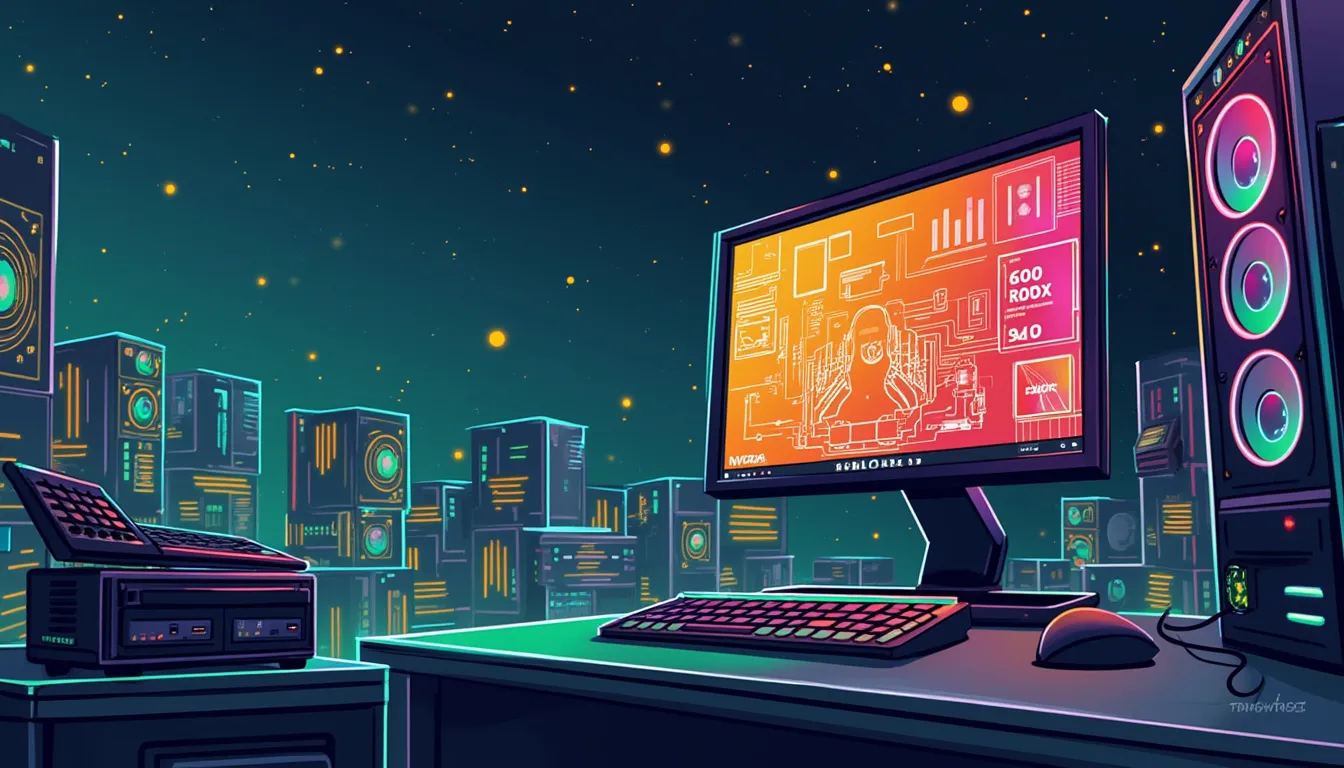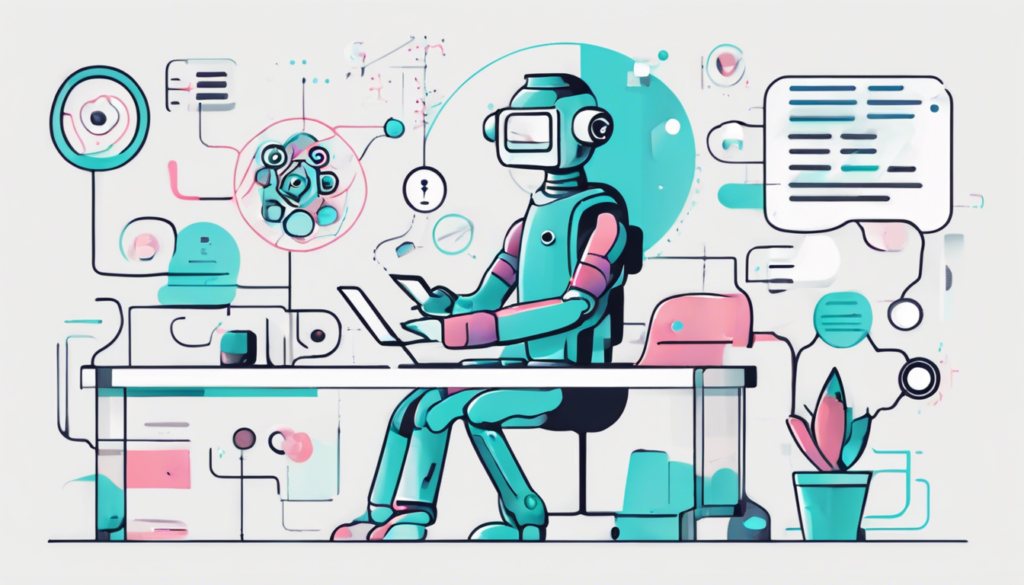Nvidia’s RTX AI PC Day is set to be a pivotal event in the realm of personal computing. Scheduled for October 19 and 20, this showcase will primarily focus on the integration of artificial intelligence (AI) and machine learning technologies into consumer-grade Graphics Processing Units (GPUs). This development signifies potential advancements in the capabilities of personal computers, making them more sophisticated and efficient in handling complex tasks.
AI-Powered PCs: Revolutionizing Computing
The introduction of AI-powered PCs is poised to revolutionize the way users experience digital content. These advanced computers will enhance the graphics in video games, take content creation to new heights, and make personal AI assistants more accessible and effective in everyday applications. This improvement in performance and functionality promises to expand the possibilities of what can be achieved on a personal computer, transforming them into more than just traditional computing devices.
A pivotal aspect of this technological leap is Nvidia’s emphasis on edge computing. Unlike traditional cloud computing, edge computing processes data locally on devices, decreasing the dependency on cloud data centers. This reduction in latency means that tasks can be completed faster as they avoid the delays associated with data transmission to and from remote servers. This approach not only increases efficiency but can also lead to long-term cost savings even if the initial investment might be higher.
Benefits and Market Growth
Edge computing provides significant benefits, especially in areas where internet connectivity is unreliable or bandwidth is limited. By processing data locally, users can continue to rely on their PCs without the interruptions that come with cloud service outages. This reliability makes AI-powered PCs more appealing to consumers and businesses alike, potentially leading to increased adoption rates.
The growing interest in AI-integrated PCs signals a lucrative market opportunity. Industry analysts from research firm Canalys project a staggering 44% compound annual growth rate for the AI PC market over the next four years, with over 200 million AI PCs anticipated to be shipped by 2028. Such growth prospects present a compelling case for manufacturers and investors looking to capitalize on this burgeoning segment.
Despite these promising developments, Nvidia faces significant competition from other semiconductor giants vying for a slice of the AI PC market. Nevertheless, even a small piece of this rapidly expanding market could notably enhance Nvidia’s financial performance. While the RTX AI PC Day may not immediately influence Nvidia’s stock price, it places the company at the forefront of a revolution in the PC industry, akin to the transformative impact seen with the release of iconic technologies like Windows 95. As the adoption of AI in personal computing matures, it could profoundly alter investor perceptions and market dynamics.




